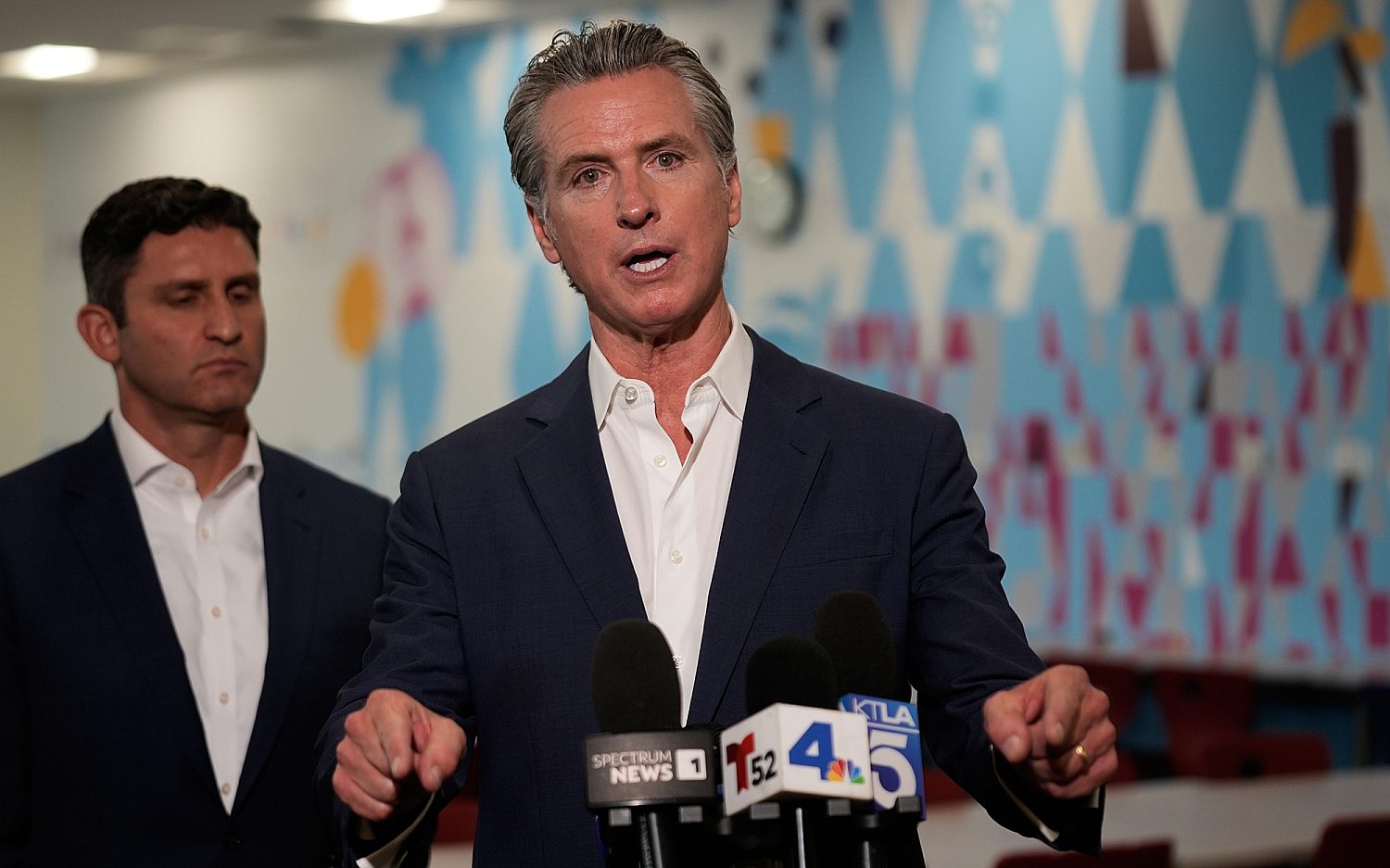Recognizing success
At the International AIDS Conference, Christian groups feel more at home than in the past
WASHINGTON-The weeklong International AIDS Conference in Washington, D.C., has brought together disparate players on the issue: government officials, gay activists, African bishops, and American evangelicals. The United States, the world leader in fighting AIDS, is hosting the annual conference for the first time in 20 years, after President Obama lifted a ban on HIV-positive individuals traveling to the country.
Some Christian relief groups have formed close partnerships with the U.S. government in fighting HIV/AIDS through the President's Emergency Plan for AIDS Relief (PEPFAR), but they have previously felt left out on the international stage.
Now these faith-based groups sense the ground shifting as the international community-including top medical personnel-recognizes that their work has proven successful over the years. Specifically, the groups are feeling more warmth from the international Global Fund, which is based in Geneva, Switzerland, and draws contributions from all nations, chiefly the United States, to fight AIDS among other diseases.
"It's changing," said Shepherd Smith, a former U.S. delegate to the United Nations on HIV/AIDS who is a strong advocacy voice in Washington. "There's a sense of, maybe the faith community does have value after all. I still think there's government bias against the faith community in global health and in particular HIV/AIDS."
Faith-based groups have been key in the fight against HIV/AIDS in Africa because every village tends to have a church, even if it has nothing else, and many programs use the church as the health center to reach even the most remote areas. Bruce Wilkinson of the Catholic Medical Missions Board said he has managed 20,000 volunteers working on HIV/AIDS in Zambia, and 85 percent of them were from the faith community.
Christian relief groups' holistic approach also means longer-term success against the virus: They work to promote abstinence until marriage, family unity, and monogamous relationships. And the international community and the U.S. government appear to be warmer toward the "behavioral" solutions to HIV/AIDS, showing increasing willingness, for example, to couple medical treatment with teaching about abstinence and monogamy.
"You need both," said Ambassador Eric Goosby, the head of the U.S. Global AIDS office, which oversees PEPFAR and all U.S. efforts against HIV/AIDS internationally.
"If you want to stop AIDS … you must go through the local church," said Rick Warren, pastor of Saddleback Church, which has its own large program to fight AIDS. "It's in every village. … The church can do it cheaper and faster than anybody."
Kay Warren, Rick's wife and co-founder of Saddleback, heads up the Southern California church's AIDS work.
The most prominent U.S. government officials and Obama appointees working on HIV/AIDS showed much love and affection for the faith-based leaders Wednesday at a summit at Georgetown University on the role of faith-based groups in fighting HIV/AIDS.
Eric Goosby, the head of PEPFAR; Raj Shah, the head of USAID; and Lois Quam, who heads the Global Health Initiative, all spoke effusively. President Obama sent a video message saying, "The work of the church is crucial [to the AIDS fight]." Bush administration officials who got PEPFAR off the ground also dotted the crowd, and former President George W. Bush sent a video message telling the faith community, "Keep up the good work."
Foreign aid is often the first budget item Congress targets for cuts, because it isn't very politically popular. But PEPFAR has sustained most of its funding through all the recent budget cuts in the last couple years. Although Obama himself cut PEPFAR by 7 percent in his 2013 budget, he maintained overall funding for global AIDS. Two senators and one congressman came to the summit to pledge to fight to preserve the program, as pressure will undoubtedly grow to cut it.
Overall, the outlook is upbeat: PEPFAR now provides 3.9 million people with life-saving antiretroviral treatment, when only 50,000 were taking the drugs prior to PEPFAR.
An actual newsletter worth subscribing to instead of just a collection of links. —Adam
Sign up to receive The Sift email newsletter each weekday morning for the latest headlines from WORLD’s breaking news team.





Please wait while we load the latest comments...
Comments
Please register, subscribe, or log in to comment on this article.